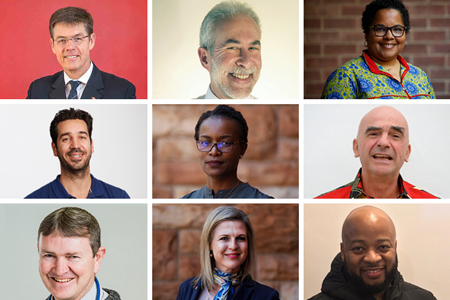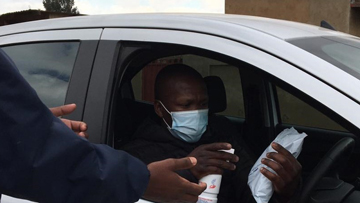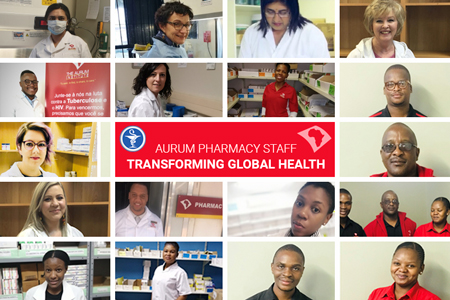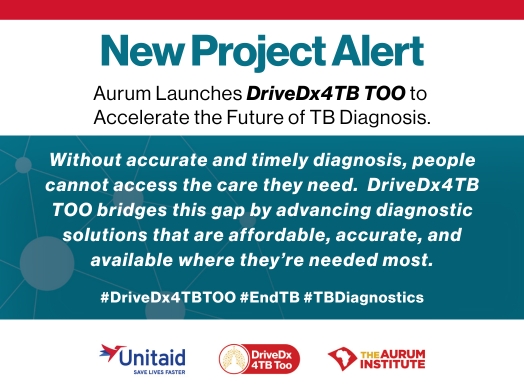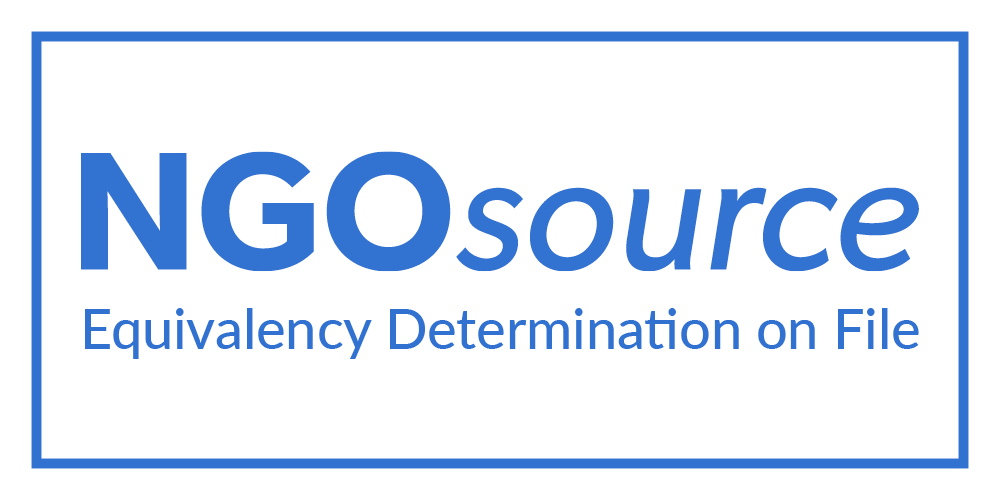“For us to be able to deliver on our work and make an impact, we strongly believe in developing partnerships of consequence, which are long term commitments to an equal, mutually beneficial partnership that is not grant specific,” says Dr Ntombifikile Mtshali, Aurum Deputy CEO.
Mtshali, who is also the Managing Director of the Health Systems Division, believes such partners must work together to strengthen one another. She was speaking at the Humentum webinar on: Operationalizing Locally-Led Development: Building Partnerships of "Consequence." This was the third webinar in a series to examine the structural barriers to realising locally-led development.
It was moderated by Pape Gaye, Founder and President of Baobab Institute and President Emeritus of IntraHealth International. He said the conversation was timely as the world is in a “new era of development” which requires new framing to include, “the desire to have more equity in the world and to have sustainable development models.”
Long-term commitment
Mtshali said there was an urgent need to have a tough conversation about how donor funding evolves in the era of localisation and what that needs to look like. “We know that partnerships of consequence are characterised by multiple concurrent projects, specific partnerships that do not extend beyond the grant period. These partnerships tend to be dominated by the North with no long-term commitment to building capacity of local partners.”
Gunjan Veda, Senior Manager: Global Collaborative Research and Public Policy at The Movement for Community-led Development, said partnerships, collaboration and co-creation were key. “In international development, the role of the local organisation and communities was never the role of a partner. Their role was that of beneficiaries or at most implementing partners which essentially means ‘we decide what needs to be done and how to do it.’ It was not a system designed for local organisations and communities to be at the centre,” she said.
Mtshali said local partners tend to be excluded from decision making in projects.
“We find that these projects are then often not responsive to local needs. There is expertise locally. We need to move away from the shipping in of experts and look to using local experts and recognising their value. They are the ones who understand the cultural nuances, the local conditions, the language- not just of speaking- but of working in those communities that is cooperative and makes people and the partners understand that we are here, and we are with them as we collectively find solutions.”
Inclusive development
This was echoed by Michele Sumilas, Assistant to the Administrator of the Bureau for Policy, Planning and Learning at USAID. “Our vision for inclusive development… is about working with communities and developing projects that are built upon the priorities, knowledge, lived experiences, aspirations and expertise of the people who face them every day,” she said.
“Change doesn’t happen in five years,” added Rose Maruru, CEO and co-founder of EPIC-Africa. “If we are looking for long term change, we need to have the staying power to wrestle with a problem and find solutions and implement them. There can be changes at a project level but there needs to be bigger change philosophically and politically about how we approach partnerships,” she said.
Impact
Aurum engages in long term, mutually beneficial and sustainable partnership which are independent of grants and projects, added Mtshali. One such partnership is the joint appointments with the Vanderbilt University Medical Center and other academic and research institutions, built on commitments to work together. This helps Aurum create an ecosystem, one which is sustainable long after the “aid” is finished. That way, “the impact is much more than what you would be able to realise in a (funding) period,” said Mtshali.




